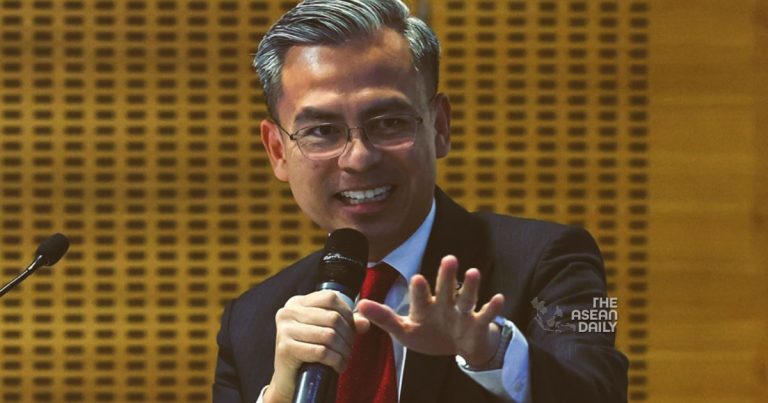21-2-2024 (KUALA LUMPUR) The recent update to Malaysia’s code of ethics for journalists has sparked apprehension over potential restrictions on media freedom, given that the revised code was developed by Malaysia’s Information Department (Japen).
Controversially, Japen, which operates under the Ministry of Communications, stated that the code would serve as a guideline for managing Malaysia’s media accreditation cards.
Communications Minister Fahmi Fadzil, who launched the code on February 20, claimed that revisions were necessary to account for the rise of social media. Simultaneously, the new eight-point code aims to combat fake news and defamation.
Applicable to both local and foreign media, the code stipulates that journalists must refrain from disseminating inaccurate, baseless, and deceptive content. Media professionals are required to ensure that all information undergoes comprehensive analysis and verification to ascertain its accuracy. Furthermore, sources and excerpted content from previous publications must be properly credited. Notably, the code emphasizes the need for journalists to continuously enhance their skills to keep pace with technological advancements.
The original version of the code was established in 1989 under the Malaysian Press Institute (MPI). For the updated version, Japen consulted nine parties, including industry bodies such as MPI, the National Union of Journalists Malaysia (NUJM), universities, and the interim Malaysian Media Council (MMC) committee.
What has raised concerns among some media practitioners and observers is the minister’s confirmation on February 20 that Japen possesses the authority to revoke a journalist’s accreditation based on filed complaints against the individual.
Fahmi stated, “Yes, Japen can cancel or retract a journalist’s accreditation card because it is the body that issues it. However, it is not the sole objective of the code. The objective of the code is to ensure that the information published for public view is based on the principles of ethical journalism.” He reassured that there would be no interference with media freedom.
In Malaysia, journalists are required to hold official media accreditation cards issued by Japen to cover government events.
Press freedom group Gerakan Media Merdeka (Geramm) criticized Japen’s decision to make adherence to the new code a criterion for journalists to obtain accreditation, which was not previously the case. Geramm spokesman Radzi Razak said, “The department would just process an application by news companies. There was never a criterion under the old journalists’ ethics code.” He also expressed concerns about the code’s phrasing regarding the privacy and confidentiality of sources, deeming it too open-ended. Radzi highlighted that when read together, points six and seven could be interpreted as requiring journalists to disclose sources if they are under investigation by authorities.
Geramm referred to the new code as “a form of state control” when regulated by a government-controlled agency. The group called on the government to expedite the establishment of the MMC as an independent oversight body for journalists, ensuring press freedom and preventing unwanted political interference.
Veteran journalist Johan Jaafar criticized the ruling coalition, Pakatan Harapan, for failing to uphold its promise to ensure a free and fair media. He regarded the code as a reflection of the Ministry of Communications’ shallow understanding of the press’s roles and responsibilities. Jaafar stated, “I find it totally unacceptable that the government is coming out with a code of ethics for journalists. It is an insult to the good men and women working as journalists in the country today.”
Oh Ei Sun, a senior fellow at the Singapore Institute of International Affairs, also raised concerns about Japen’s new role in overseeing the code of ethics. He noted that the new code no longer includes a point from the previous version that allowed journalists the freedom to provide fair commentaries and criticisms. Oh Ei Sun remarked, “Traditionally, common folks look up to journalists to not only deliver the news but also interpret and critique the significance and ramifications of such news. The new code seems to emphasize the delivery aspect as being the main function of journalists and implicitly discourage the interpretation aspect by setting up a lot of guardrails through Japen’s control of the accreditation cards.”
NUJM acknowledged the relevance of the update in the era of social media but stressed the urgent need to establish the MMC. Teh Athira Yusof, the general secretary of NUJM, stated, “The union fully supports the government’s effort to improve journalism ethics across various platforms, and we hope the ministry would expedite the proper formation of the media council, in which the said code of ethics for journalists can be discussed further.” During the code’s launch, Fahmi mentioned that the MMC Bill is still under development and must be presented to the Cabinet before being tabled in Parliament.




